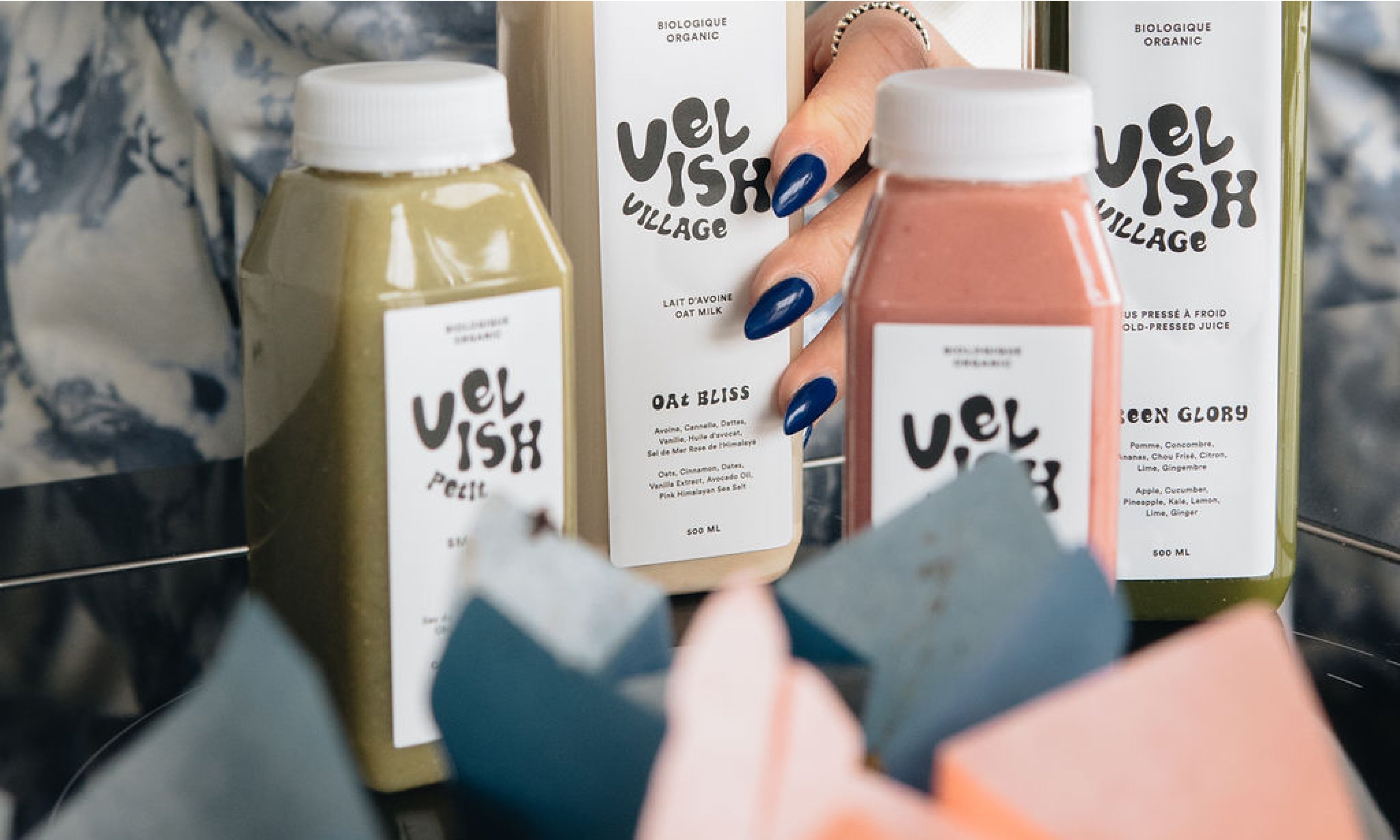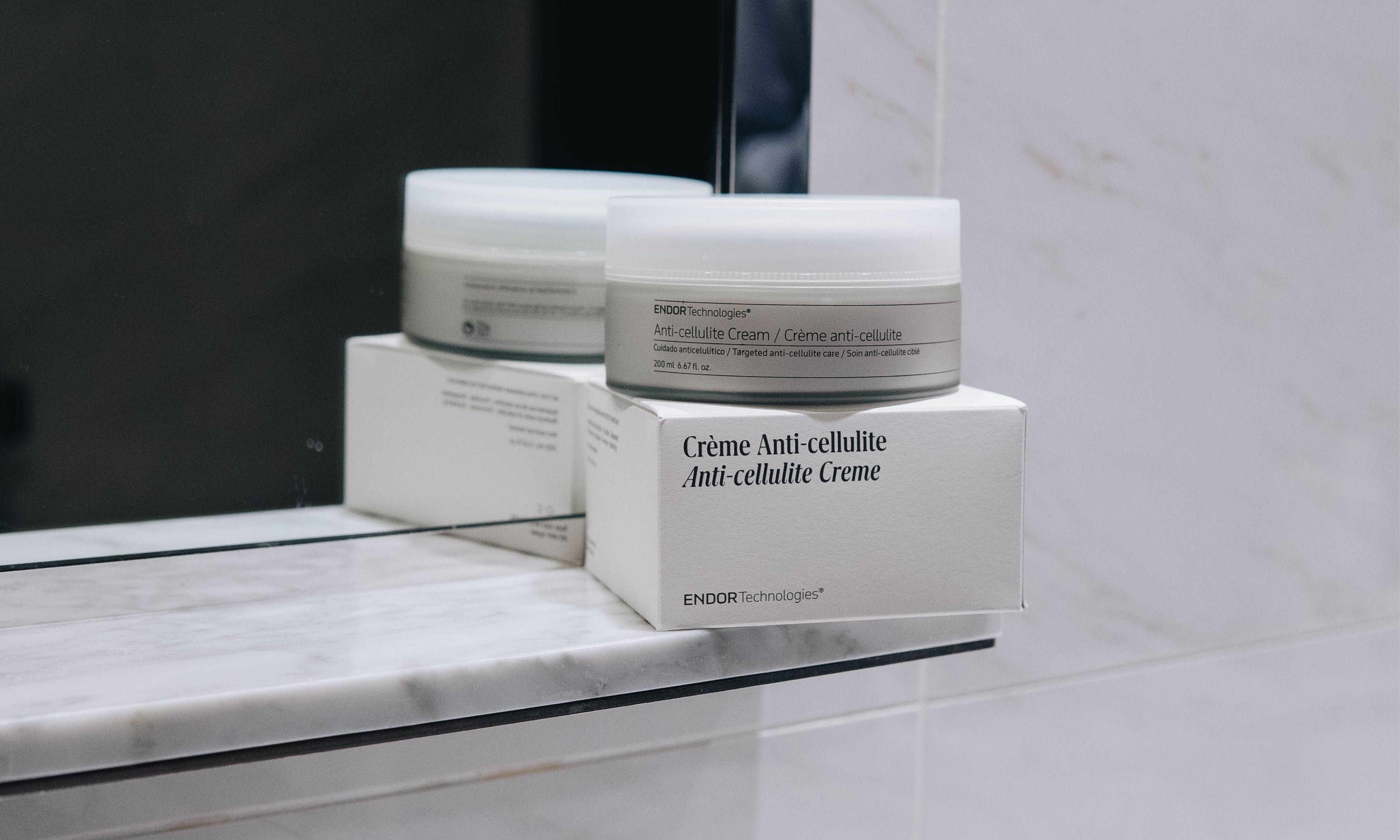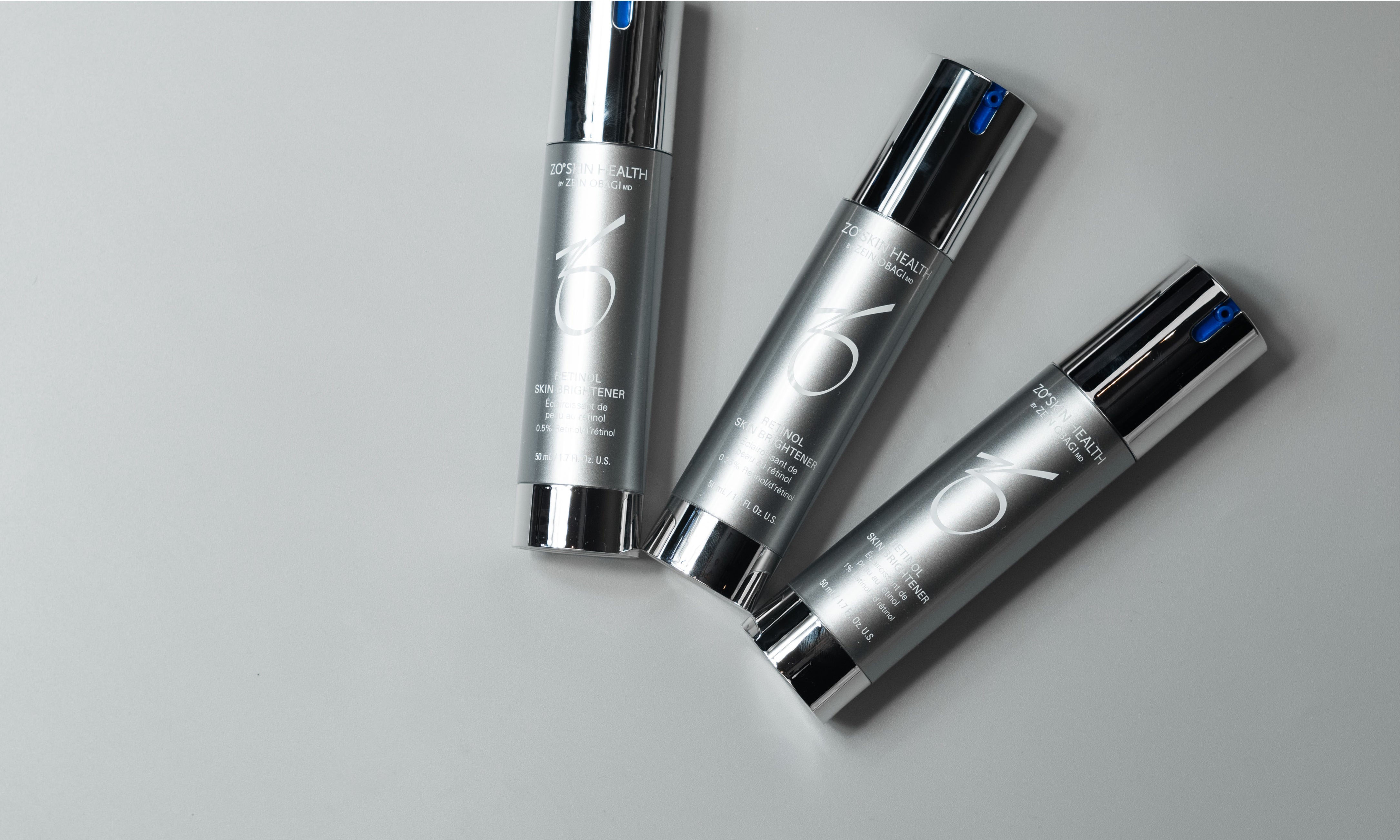
The Gut & Skin Connection
More and more studies prove that our digestive tract has an incredible influence on our overall well-being. In other words, we are coming to the realization that health goes beyond the brain and heart––it also relies on a healthy gut. This is where the highest percentage of our immune system lies, including where we make nutrients, metabolize hormones, and make neurotransmitters (take that, brain!).
In other words, it’s super important to get your digestive health in check in order to feel well and of course, experience a clear, healthy glow.
HOW THE GUT AFFECTS OUR SKIN
Several lines of evidence have shown a connection between gut problems and skin disorders. According to the Canadian Digestive Health Foundation, recent studies show that those with rosacea were ten times more likely to have small intestinal bacterial overgrowth.
Carla Oates, gut health expert and founder of The Beauty Chef, explains how the gut microbiome keeps the balance throughout our body. When we experience any issues with our gut, such as inflammation, leaky gut, IBS, allergies, or other digestion problems, our skin is usually the first place we will notice the problem(s).
Typical issues that can signal an underlying gut imbalance include:
- Rashes
- Breakouts
- Patchy redness, dryness, and/or inflammation
- Skin that looks discoloured, dull, or seems to age more quickly
“Sometimes the connection is obvious,” Oates explains. For example, if consuming dairy is followed by indigestion, hives, a rash, or eczema, you can assume lactose may not be your gut’s best friend. But other times, the connection between our gut and our skin problem may be harder to find.
HOW TO ENHANCE THE GUT MICROBIOME FOR HEALTHIER SKIN
It goes without saying that eating and properly absorbing nutritious foods is super important.
When it comes to restoring the gut microbiome, probiotics and prebiotics are the number one way to go. “Probiotics are live bacteria that we consume, through foods and supplements, to support gut, immune health, and overall well being," explains Oates. Probiotics can be found in many healthy fermented foods you can eat, like yogurt, kefir, sauerkraut, tempeh, and more.
Prebiotics, on the other hand, are a type of fiber that acts as “food” for good gut bacteria. They are found in many high-fiber foods and are just as essential for supporting a healthy gut––and therefore, healthy skin!
Other skin-supporting nutrients such as vitamins A, C, E, K2, B3, B5 along with minerals like selenium, zinc, silica, sulfur, and omega-3 fatty acids will all contribute to healthy gut flora.
IN CONCLUSION
We could go on and on (and on!) about the deeper specifics of the skin/gut connection, but for now, we’ll leave you with this. If you have any questions about your own skin health or are wondering how you can turn towards a more holistic, healthy lifestyle to support your skin, make sure to book your virtual consultation with us today!
Until next time,
The BSE Team











Leave a comment
This site is protected by hCaptcha and the hCaptcha Privacy Policy and Terms of Service apply.